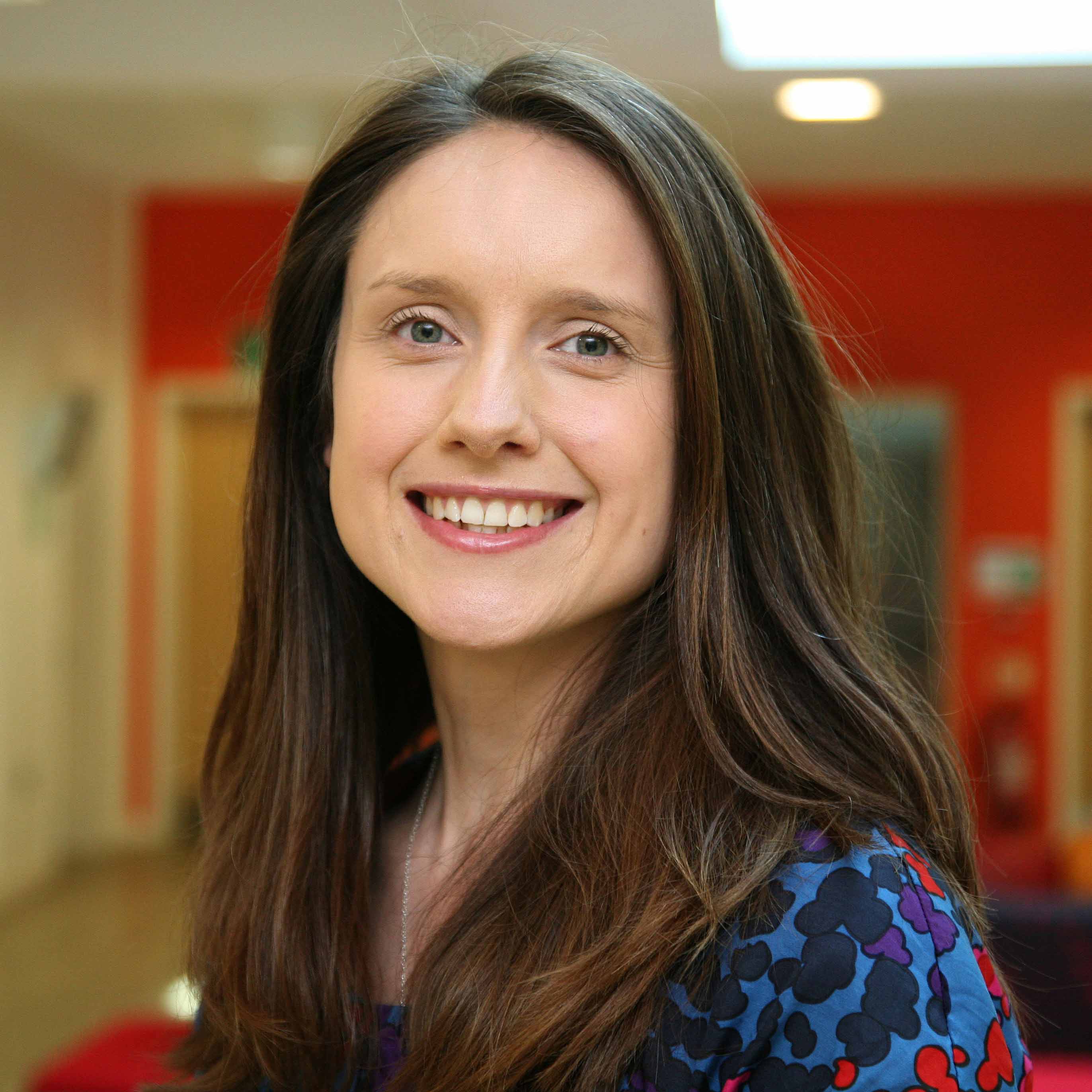Lucy Noakes explains the importance of SHAPE subjects
The Government’s latest plans to cut funding for arts degrees is the last in a series of policies that seem to elevate the value and importance of STEM subjects at the expense of humanities, social sciences and the arts.
In fact it’s left some in the so-called SHAPE subjects questioning why politicians undervalue them so much. And prospective students wondering whether it’s worth studying history, literature or sociology.
I believe we need these subjects more than ever. After all, how can our scientific discoveries and inventions succeed if we don’t understand how humans interact, communicate and navigate the world? And how can we successfully counter fake news without teaching our young people to critically analyse what they read or see?
Oxford University Press (OUP) is supporting the SHAPE initiative, which seeks equal recognition, and Professor Lucy Noakes, from the Department of History has leant her voice to the debate in a Q&A for the OUP blog. Here’s what she had to say:
SHAPE subjects are well-named—they help us shape the world we live in and the future we’re building. What distinctive potential and skills do you think Arts and Humanities and Social Science disciplines bring to the lives of those learning them, as well as to society?
“I think that these disciplines, though they vary widely in approaches and methods used, all have one essential element in common: they help our students to learn how to be effective, engaged, and critical citizens. For example, the pernicious nature of “fake news” today, from the wilder extremes of QANON fantasists to the advice circulating on social media suggesting that people can protect themselves from COVID-19 by inhaling steam or drinking hot water with lemon juice, can be harmful to both individuals and to wider societies.
"SHAPE students learn to be active and participatory readers and listeners. A student researching an essay topic will ask: who is arguing this? Why? What is their evidence? Where was it published? They also learn how to develop arguments based on evidence, not opinion—crucial skills in today’s world.”
As a SHAPE researcher, how are your concerns and needs different from your colleagues in STEM (Science, Technology, Engineering, and Mathematics)?
“There is perhaps more in common between STEM and SHAPE subjects than we might first think. The key, and most important, similarity would be that we all work with evidence; it is just as important that a historian build their analysis based on the evidence available as an engineer or a biochemist, even though the outcomes might be very different.
"I would also argue that the overwhelming majority of academic research, across all subjects, is shaped by the historical context, concerns, needs, and values of the time and place in which we work. But perhaps the biggest difference is that in SHAPE we have more space for the development of arguments and perspectives—while 2 + 2 will always equal 4 in mathematics, historians’ analyses of a subject like the Second World War are endlessly varied and ever-changing. For me, this is a huge part of SHAPE’s appeal.”
SHAPE subjects are hugely diverse, but they do share a focus on understanding more about people and societies, and what it is to be human. How does your research go about investigating these concepts? How do you see your work contributing to and informing these broader discussions?
“My most recent work has been on death and grief in Second World War Britain, and on the insights that approaches to the past that are attuned to the emotional lives of those we study can bring to our understanding of what it might be like to live through and navigate crises and changes that feel out of our control. I have been struck again and again this year by how much our experiences of fear, loss, and changes to our day to day lives have shaped my students and my own understandings of the lives of those who experienced total war.
"I also have a new awareness of the changes that the crisis of war helped to bring about in Britain, particularly the creation of the Welfare State at the war’s end. If only we listen, history has a lot to teach us about not only how societies manage crises, but about how we can use these moments of rupture to rethink our priorities, and how we want to live.”


